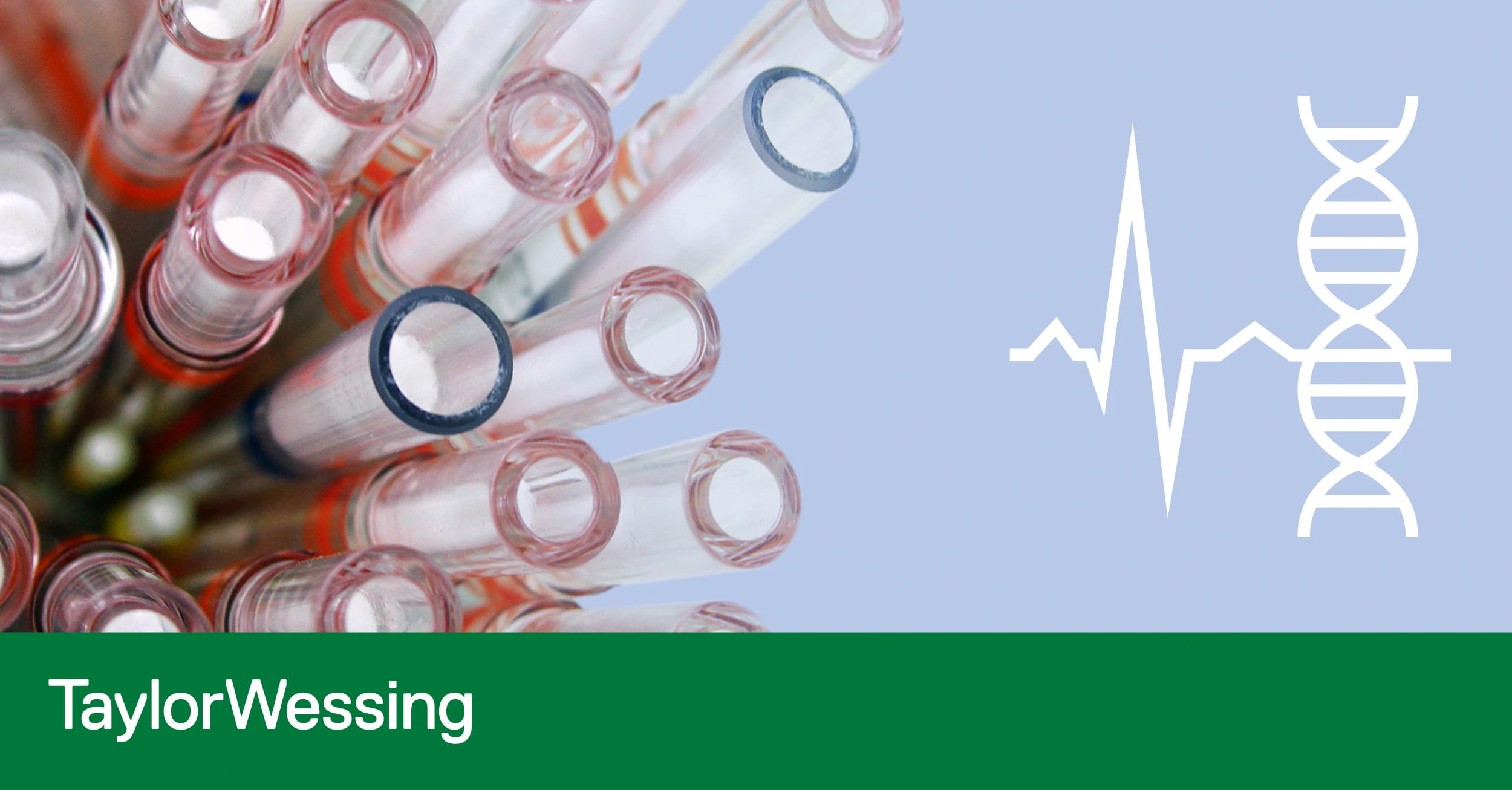A Taiwanese national has been permanently disqualified from donating blood in Taiwan after consuming cannabis-infused gummies while visiting Thailand. The Taiwan Food and Drug Administration (TFDA) announced this decision on May 27, highlighting the country’s strict narcotics regulations.
Cannabis is classified as a category two narcotic in Taiwan, which means that individuals with a history of using such substances are permanently ineligible to donate blood. The individual, who chose to remain anonymous, shared their experience on the social media platform Threads, stating they tried cannabis gummies out of curiosity during a trip to Thailand last year. They were unaware that this choice would lead to a lifetime ban on blood donations.
Before donating blood, individuals are required to disclose their medical history, including any past use of narcotics. The individual reported that they answered truthfully when asked about their cannabis use. They initially believed that the ban would last only one or two years, but the law’s classification of cannabis as a narcotic led to their permanent disqualification.
TFDA Deputy Director-General Wang Der-yuan explained that the regulations are designed to ensure the health and safety of blood donors. According to Article 5, Paragraph 3 of the blood donor health regulations, anyone with a history of narcotic use, including cannabis, is barred from donating blood.
In Taiwan, cannabis is categorized under the Narcotics Hazard Prevention Act, which divides narcotics into four categories based on their potential for addiction and societal danger. Cannabis, along with substances like opium poppy and amphetamines, falls into category two.
The act specifies that any product containing more than 10 parts per million (ppm) of tetrahydrocannabinol (THC) is classified as a category two narcotic. In contrast, regulations in Washington State allow for cannabis edibles to contain up to 10 milligrams of THC per serving, far exceeding Taiwan’s threshold. For example, a cannabis gummy that weighs about 5 grams and contains 5 milligrams of THC would have a concentration of around 1,000 ppm, which violates Taiwan’s legal limit.
This incident has sparked discussions about Taiwan’s blood donation policies and the implications of cannabis use. The TFDA’s stringent regulations reflect the country’s ongoing stance against narcotics, emphasizing the importance of public health and safety in blood donation practices.




